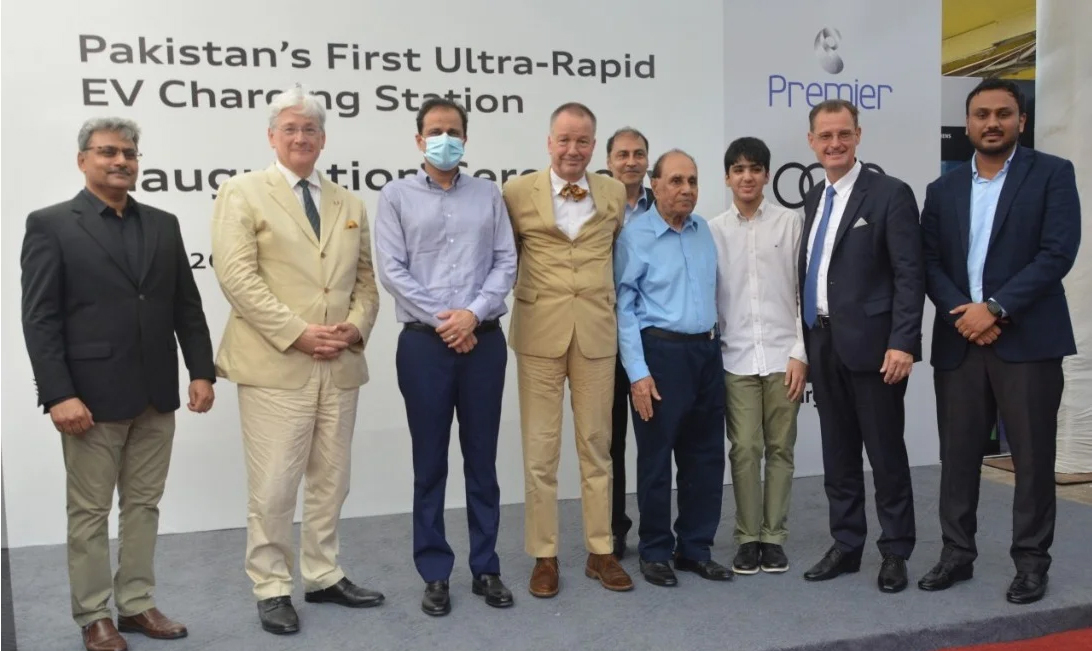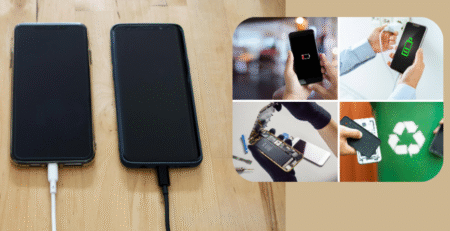Country’s first EV charging station opened in Karachi
On 5 November 2019, Pakistan’s federal cabinet approved the first-ever national Electric Vehicles (EV) policy in a bid to tackle the effects of climate change and offer affordable transport. Keeping in view that air pollution takes away thousands of lives each year and costs around 5-6% of the GDP, the government’s intentions are legitimate. However, the execution of the strategy is the biggest hindrance as the journey towards this transition is full of unspecified challenges and may demand a more exhaustive effort than one may expect.
Pakistan is the sixth most susceptible country to environmental changes. The annual average temperature has been affected as well as the precipitation (carabine, 2014). For human health, carbon dioxide from fossil fuels can be harmful. It contributes to the spread of disease via contaminated floodwater. The average temperature in Pakistan is expected to rise by 3 °C, if there is no action on climate change. Despite Pakistan’s promises to reduce greenhouse emissions by approximately 20% by 2030 at the SAARC summit, While EVs can play a major role in climate change; they also have the capacity to contribute economically as by replacing the conventional vehicles with EVs, Pakistan’s fuel import bill will be reduced as most of the finished petroleum products used in transport are imported.
A charging station, also called an electric vehicle (EV) charger, electric vehicle supply equipment (EVSE) or simply charger, is a piece of equipment that supplies electrical power for charging plug-in electric vehicles (including electric cars, electric trucks, electric buses, neighbourhood electric vehicles, and plug-in hybrids).
Pakistan’s first ultra-rapid DC charging station for electric vehicles has been started working in Karachi with the collaboration of Audi and SIEMENS. the chief guest on the occasion, Administrator Karachi Barrister Murtaza Wahab said, “I am happy to have inaugurated along with the German Ambassador, Pakistan’s first ultra-rapid EV charging station in Karachi.”

Germany’s Ambassador to Pakistan, Hon Bernhard Schlagheck, said: “I am particularly pleased to be present today at the inauguration of this example of brand new German innovation. The future is electric – we are learning that more and more today in times of climate change and global warming. However, electro-based mobility also requires a corresponding infrastructure. I am pleased that another step in this direction is being taken here today.”

“As announced, 2020 marked the start of Audi in Pakistan’s major electric offensive. We successfully launched the e-tron model range and are already following that up with the next model, the dynamic and fascinating e-tron GT. We can proudly say that Audi is the number #1 brand of any car manufacturer in Pakistan leading this transformation. Audi is also making an important contribution to the urgently needed expansion of the charging infrastructure, and the LIBRA Charging Hub is the first step in achieving this goal.” Syed Arshad Raza, CEO of Premier Systems said:

According to National Electric Vehicles Policy, the government aimed to give low tax incentives on electric vehicles so to increase the number of EVs to 30% in 2030 which will uplift to 90% in 2040. As the world is starting to adopt advanced electric technology in vehicles to reduce global warming so the 3rd world countries like Pakistan must also follow the same trend in future which not only put a good impact on the environment but also foil extra pressure in form of costly petroleum products.
Sindh government spokesperson Murtaza Wahab said he was going to launch two solar parks inspired by this technology in KMC. He said, “Grateful to the intervention by LIBRA and Siemens Pakistan. Electric vehicles which are cost-effective and environment friendly are now being registered in Sindh.”












Leave a Reply